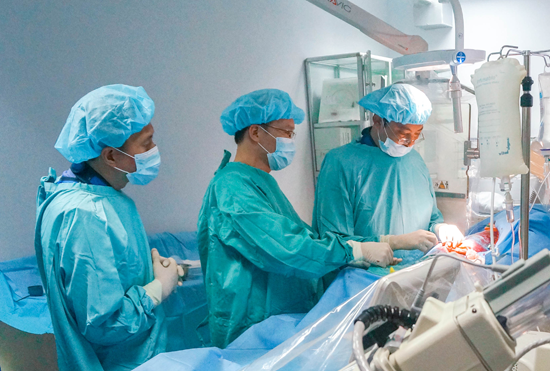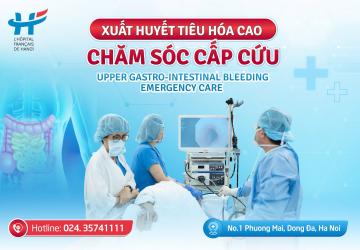News - Sat, 06/03/2017 - 17:35
Coronary Angiography: The Gold Standard For Diagnosing Coronary Artery Stenosis
Last update 09/27/2024 - 17:58
According to cardiologists accuracy of selective coronary angiography with contrast agents for the diagnosis of coronary artery stenosis in patients with high clinical suspicion (after ECG stress test, CT scan) is up to 100%.

Coronary artery disease occurs when the heart muscle is deprived of oxygen nourishment. This condition is often associated with the deposition of cholesterol, forming plaques that cause the arteries to narrow or obstruct.
The growth of plaques narrow the arteries leading to gradual reduction of oxygen supply to the heart with the time. With moderate deficiency the heart muscles still work in normal state. However when their demands for oxygen increase (in case of body exertion as running, climbing, or having straining), the supply of oxygen-rich blood from the coronary arteries is not enough, causing them to be starved of it. Manifestation of oxygen deficiency includes severe chest tightness, sense of constriction on retrosternal area, possibly accompanied by nausea, vomiting, shortness of breath, cold sweating.
When the coronary arteries are significantly narrowed the heart muscles always experience oxygen deficiency. The above symptoms will occur repeatedly with gradual increase in severity, triggering the symptoms of angina. More dangerous prospect exists when plaque breaks off, making the formation of blood clots that may threaten the sufferer’s life due to myocardial infarction.
To identify if the narrowing of coronary arteries carries the risk of progression to myocardial infarction your doctor may recommend stress ECG, stress echocardiography, coronary CT scans and coronary angiography.
Angiography will give the doctor important and accurate information regarding the presence, location, severity and extention of the blockage. This is the reason why it is considered the key allowing the doctor to make appropriate decision on treatment. In case of necesity a stent can be placed in the blocked artery during the same procedure
In addition coronary angiography also helps your doctor assess movement of the walls of the heart, function of the heart and measure the pressure of the heart’s chambers if required.
The Hospital has just put into service the new Philips Allura Centron angiography system for diagnosis and intervention of cardiac diseases.
During the first weeks of November we performed four coronary interventions, including a stent insertion after myocardial infarction for a French patient.
For further information, please don’t hesitate to contact us at: (84-24) 3577 1100



